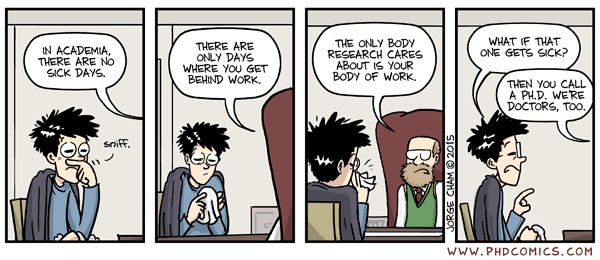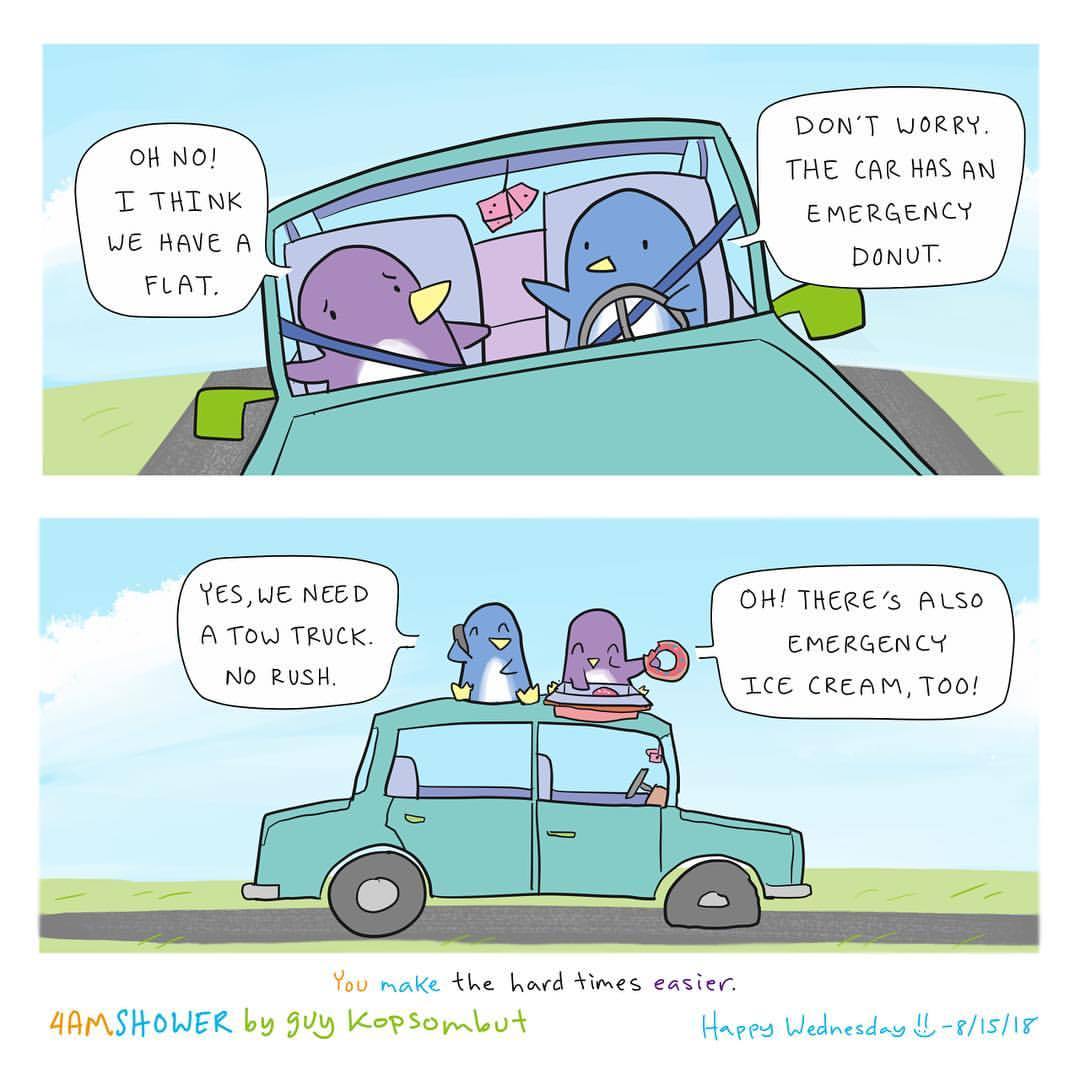An unexpected illness: The effect of pushing myself to prove I can’t be broken

In February, days before my wedding, I started experiencing severe pain. Within a week, I had seen 3 doctors, gone to the emergency room, and was diagnosed with an infection called an abscess that required immediate surgery. While the infection was severe, the doctors told me I should start feeling much better and start healing almost immediately. Usually, this type of infection resolves itself within a few weeks and life returns to normal, as long as it is not due to a chronic condition. While I certainly started feeling better so that I didn’t need to take multiple pain medications on a strict schedule, I wasn’t all the way better. I was in pain while I walked, while I stood, when I sat down, and sometimes when I tried to lay completely still, hoping I would fall asleep. Within a month of the first surgery, I had undergone two more trying to eliminate more of the infection sites with slight improvements. A month later, school was out, but I was starting to regularly experience pain so intense it was disrupting my sleep and I could barely sit or stand for 10 minutes without taking a “break” to calm myself down and relax to attempt to alleviate the pain. I was constantly exhausted, trying to maintain a schedule as normal as possible because I thought, “I should be getting better; if I keep going, eventually this will sort itself out and the problem will go away.” Clearly, as I sit here over six months later, still not completely well, this terrible thought I’ve used endless times to motivate myself through challenges was not in my best interest. Four months ago, when I last had that thought during this ordeal, I realized I had been doing things wrong for a long time.
Figure 1. The kind of reaction I was worried about when I was first realizing the severity of my illness. Luckily, my PI and lab group have been nothing but understanding and supportive. Source: PhD Comics
I’m certainly a procrastinator, and an outside observer may even say I have a lackadaisical Type B personality. On the contrary, I seek out responsibility and pressure and projects at every turn. I want to push myself to extremes to prove to myself that I can’t be broken. However, like many others, I am terrible at recognizing my weaknesses. While working as a food scientist, I was often working sixty to eighty hour weeks. I always strove to make my or others’ work better, which meant taking on more and more tasks and feelings of responsibility. As it turns out, the mind doesn’t do well with limited rest; being unable to enjoy personal hobbies – I often worked Saturdays; a mediocre-at-best diet, as we had no time to cook; next to no exercise; and maybe 30 minutes a day to interact with friends and family. I spent at least a year being miserable, knowing the exact causes of my distress, but refusing to find a way to take a step back and say no once in a while. I wasn’t particularly emotionally well off, but because I physically felt fine, I chose to ignore my thoughts that a break might do me well. When my body told me it couldn’t take any more this time around, I didn’t have a choice. Taking a summer to rest and do most of my lab work outside of the lab during my first year in graduate school was one of the most challenging, overwhelming, impossible, and sensible things I have ever done.
My condition reached a point this summer that I begin to genuinely consider taking a medical leave from my degree. Simply having those thoughts was heart-breaking to me because starting a PhD in this field has been my goal and dream for over a decade. How could I reconcile my idea of myself if I (at some level) quit after a single year? On the other hand, I was in significant pain for at least part of the day despite scaling back my activity to spending my day on the couch, only getting up to eat breakfast and lunch, use the bathroom, and go to bed. It felt like my body’s response to my incessant pushing was to fall apart completely. I had no answers about how or when I might get better, and I was constantly worried about my ability to contribute to my lab or education.
Figure 2. A forced break can be enriched by a positive attitude. Source: 4amshower
Luckily, a new treatment made it so that I could commit to future plans and run errands. I was able to start this semester and have been scheduling time to be in the lab. My returning capability and newfound optimism haven’t fixed all of my problems though.
Even on my best days, when I don’t need an Advil for pain and am energized by my passion for my work, I have to remind myself: I am still sick. I am still healing. Less than a month ago I couldn’t spend ten minutes upright without needing hours of recovery and rest. Even a calm day where most of my time is spent sitting in a lecture or at a meeting can mean a restless night because my muscles ache from the smallest of exertions and the pain from my infection returns because my resilience has been severely eroded by this lengthy illness. Despite a summer of misery, I am becoming all too focused on the little signs that I can begin returning to my normal life. I am constantly reminding myself that it is OK to say no to an impromptu event, to take a break on the short walk from my class to my car, or to ask to reschedule a meeting because the night before I got next to no sleep in two hour cycles of rest and pain-induced insomnia. The life lessons I’ve been learning are extreme. This illness has forced me to decide between my dreams and my body, what I plan for my life to be like and my actual life.
Grad school is no easy feat, even for those physically and emotionally at 100%, with a system of supportive family and friends, and in a group with well-funded and successful research. In one of the hardest realizations I have had to date, I had to redefine myself. I am no longer Lauren, the scientist and aspiring PhD; I am Lauren, a wife, a scientist, a mother to a stepdaughter, a cat, and two succulents, who can’t be any of those things if I am not healthy and present in the moment. Grad school is hard and being sick has made it harder, but I couldn’t be more thankful for everything it’s teaching me. Let’s hear it for the new (academic) year!
Lauren Bonefont (@LBMicro) is a second year PhD student at an institution in Florida. This story was published on August 26, 2018, on Lauren’s blog, Two Women Scientists (available here) and has been republished here with her permission.






